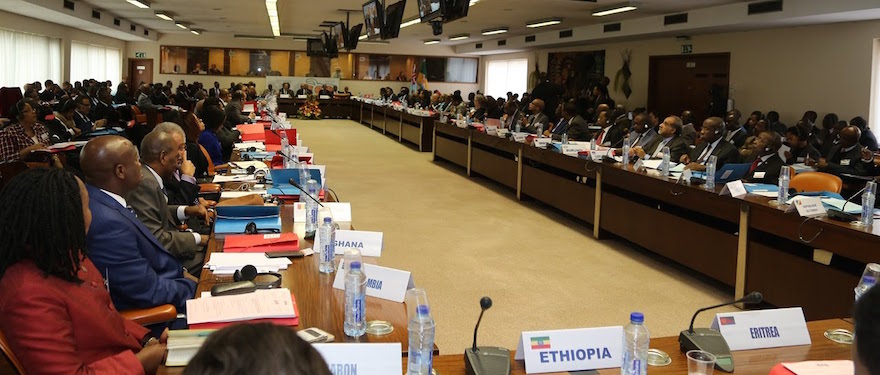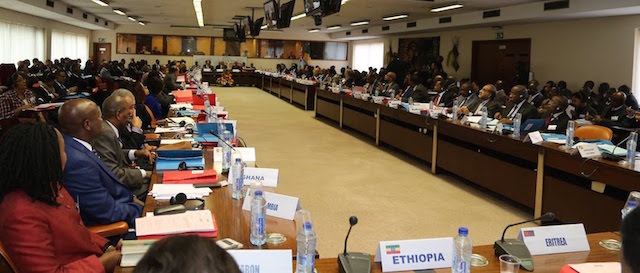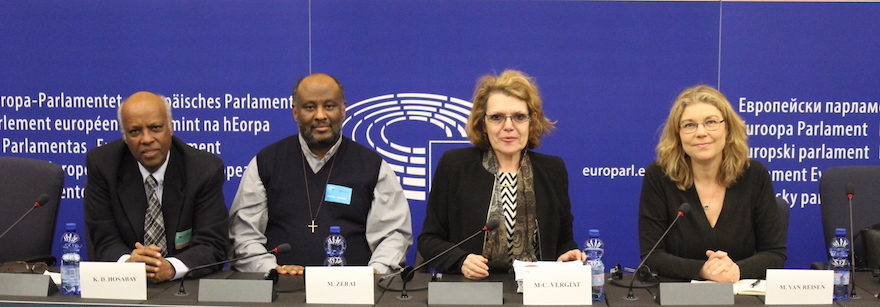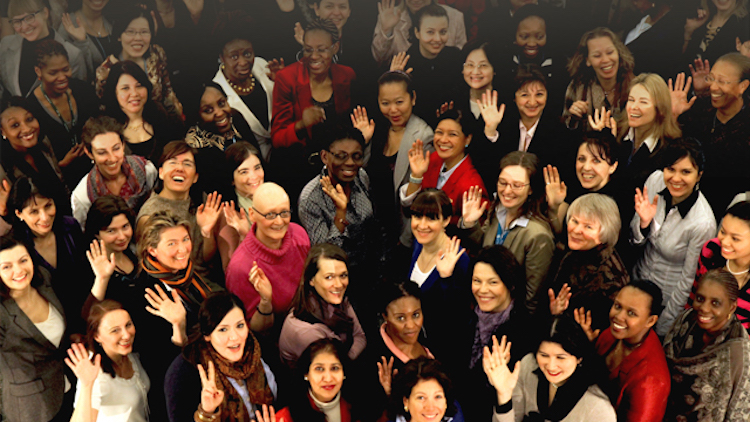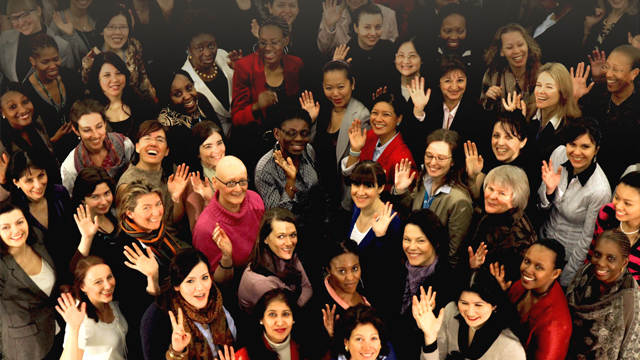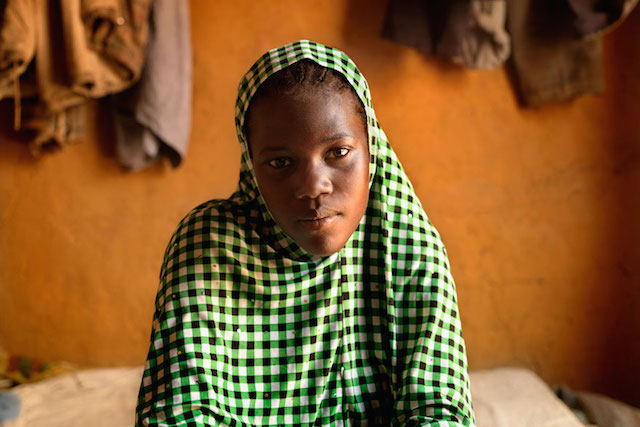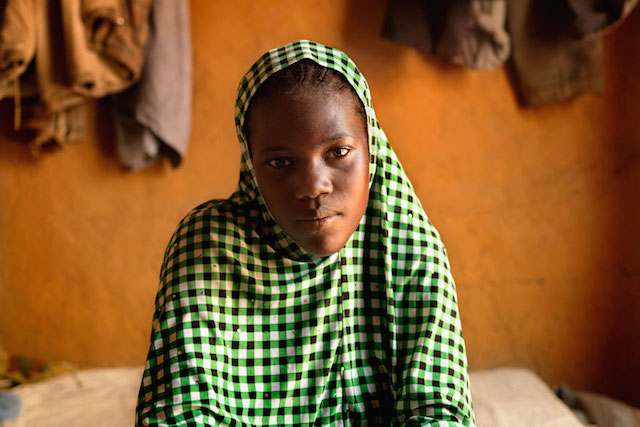BERLIN | BRUSSELS (IDN) – The future of relations between the ACP Group of 79 countries and the 28-nation EU after 2020, when the current partnership agreement comes to a close, promises to be a critical issue for the Joint Council of Ministers gathering in Senegal’s capital Dakar on April 28-29.
Though, according to the draft agenda endorsed by representatives of member states of the European Union and the African, Caribbean and Pacific Group, the 2030 Agenda for Sustainable Development and the Paris Agreement on climate change will draw the focus of the upcoming meeting.
The Council is the highest decision-making body of the ACP-EU Partnership under a legally-binding framework encompassing trade, political dialogue and development cooperation between the two groups of countries.

